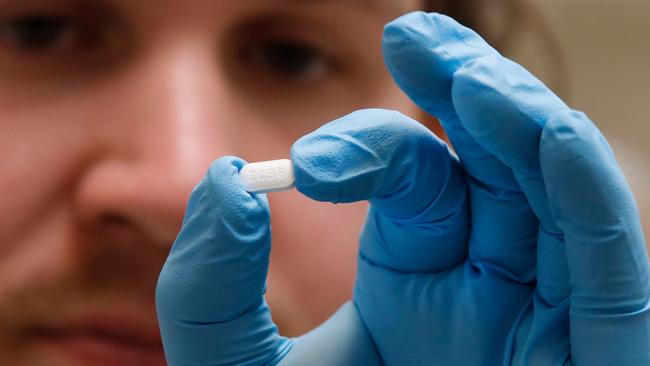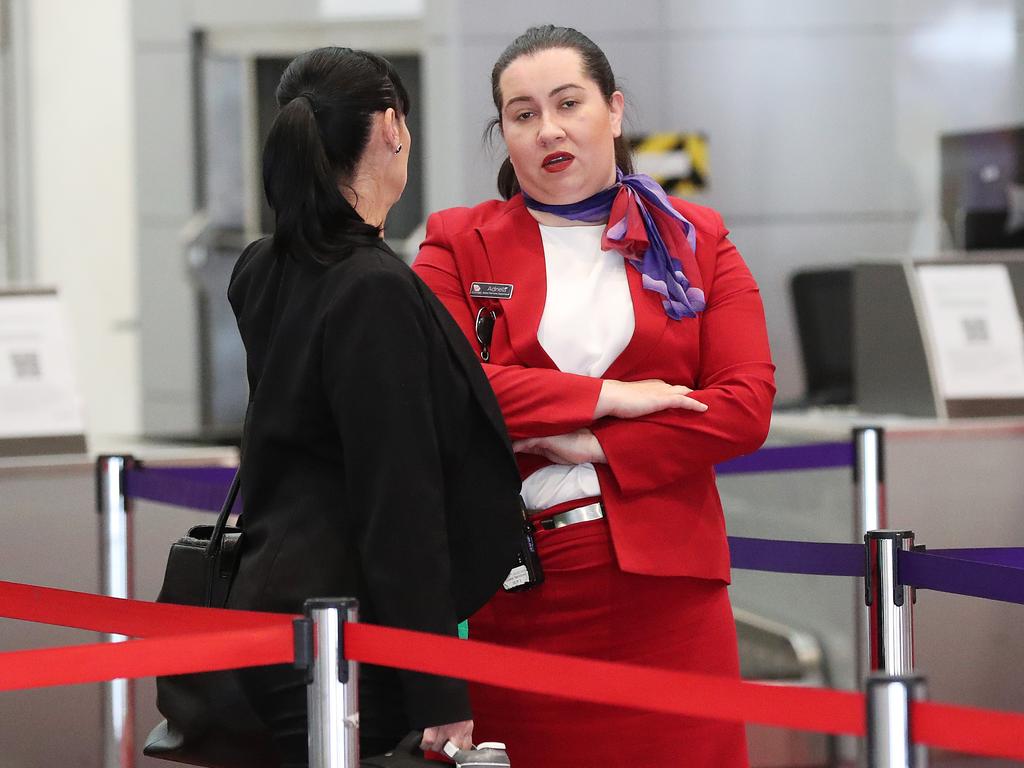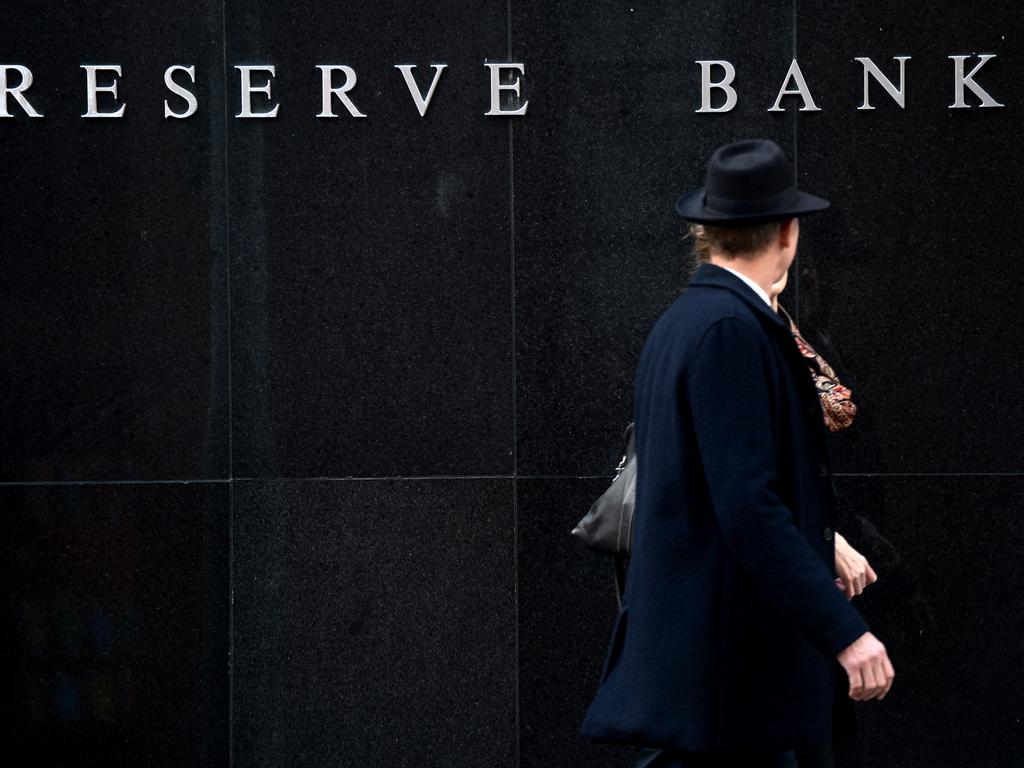When one man’s poison is another’s medicine
Navel-gazing par excellence and mind-numbing stupidity. That’s bureaucracy for you.

The first is the bureaucratic keepers of our public health, the Therapeutic Health Administration (TGA), designating a drug as a poison with the specific, stated reason of preserving supply of that drug-now-poison for those sick people who have been taking it to improve their health for some 65 years.
Hmm, we’ll define something in widespread common use as a poison so it can be fed to people who need it. What next? Spinach? Avocados? Salmon? Carrots? The list is endless. Please go to work, TGA.
Or, the Takeovers Panel pondering deeply for three weeks — that is surely navel-gazing par excellence — to explain why it decided to allow someone to withdraw an application to the Panel which it had never even got around to announcing it would accept in the first place.
First the TGA and hydroxychloroquine, which went from just another common drug to the most devilish poison that has ever been invented (albeit, with that asterisk: it’s miraculously not a poison to those tens of thousands, actually tens of millions, of people around the world who have been taking it for decades) just because it passed the lips of President Donald Trump.
That’s of course the word not the drug itself, although it had also literally passed his lips with no apparent ill-effect. Just shows how devilish he really is: he can chomp down on the poisonous HCQ as if they were M&Ms.
You think I jest? Mock, yes, jest, no; and I quote from the relevant TGA notice in March: “I (the designated bureaucrat) decided to amend the Poisons Standard by creating a new Appendix D listing for hydroxychloroquine.”
He/she went on: People seeking it to treat the virus were creating demand shortages and “this poses a serious health risk to individuals currently using this medication”.
The TGA might reasonably argue that in March it needed to act to preserve supply for regular users. But designating it as a “poison”? Of which the most common definition is, and I quote, “a substance that is capable of causing the illness or death of a living organism when introduced or absorbed”.
While, in almost literally the same bureaucratic breath, pleading that it was desperately needed to fight illness and prevent people from dying?
That argument also vanished all-but immediately. HCQ is a widely available — and very widely used (so, where exactly are all the bodies?), very cheap generic. Within weeks Clive Palmer had 30 million doses that he offered to make available.
Now the efficacy/harmfulness issues of HCQ are outside the scope of this column about surrealistic bureaucratic mindlessness, but I will note this.
After the unrelenting tidal waves of Trump Derangement Syndrome-driven media and medical expertism attacking the drug, the Swiss which had been using it widely in late May banned its use. I have no information on whether they defined it as a “poison”.
What happened? What’s called the “Case Fatality Ratio Index (CFRI)” for the virus rocketed — and I mean, tripled. So, just 13 days later, the Swiss revoked the ban.
What happened then? The CFRI collapsed back to its prior HCQ-using levels. Bluntly, fewer — many fewer — people died. Apparently, the drug that’s a poison down under worked to save lives in Switzerland.
Ah, the Takeovers Panel. In early July, a group of Virgin bondholders had tried to get the Panel to interfere in the decision by Deloitte, the administrators of Virgin, to sell the airline to the Bain-led investor group.
The Panel announced that: “A sitting Panel has not been appointed at this stage and no decision has been made whether to conduct proceedings.”
The next thing we heard from the Panel, just four days later, was that the bondholders had sought to withdraw their request and that a sitting Panel — ah, so by then a Panel had been appointed — had consented. Reasons to follow; and they finally did 21 days later.
So, let me restate the saga in layman’s terms. The Panel receives an application which it should have rejected by return email. Its job is to mediate in takeover disputes, not to interfere in administrations and liquidations.
A regulator — and the Panel is a regulator — that had some sense of appropriate regulatory limits would know that the one exception is when a company administration and a proposed transfer of ownership was a device to get around the requirements of the takeover provisions of the Corporations Act.
If a company is insolvent — and Virgin is insolvent three or four times over: not only is the equity worthless and so there is no “control” to “transfer” and so no “takeover” to be mediated; but billions of the $6.8bn of debt has also been wiped out — then a DOCA, a Deed Of Company Arrangement, can not be such a device.
Then the Panel takes 21 days and thousands of words to tell us, not so much why it should have rejected the application upfront, but why it decided to allow the applicant to withdraw an application it should never have made — something it had already allowed a month earlier.
As I said at the start: how do you choose between these competing idiocies?
Talking of which, I was chuffed to see Treasury walking back from its mindless exactitude: it told the government that Victoria’s lockdown disaster would cost the economy between $7bn and $9bn. What? Not, say, $8.3bn?
But it did not last long. Treasury subsequently told the PM that JobKeeper would now cost $101.3bn — that mindlessly all-important 0.3 billion.
This of course from the same Treasury that originally told him it would cost $130bn; ahem, “amended” to $70bn.
Ah, mindless pennies and lost pounds; gotta love ’em.







I’m in a quandary. I am unable to decide which of two examples is the more egregious demonstration of the utterly mindless stupidity that results from regulatory pomposity combined with the “expertism” — that’s, to be clear, the fake version of good, human-enhancing expertise — that I lamented some columns ago.